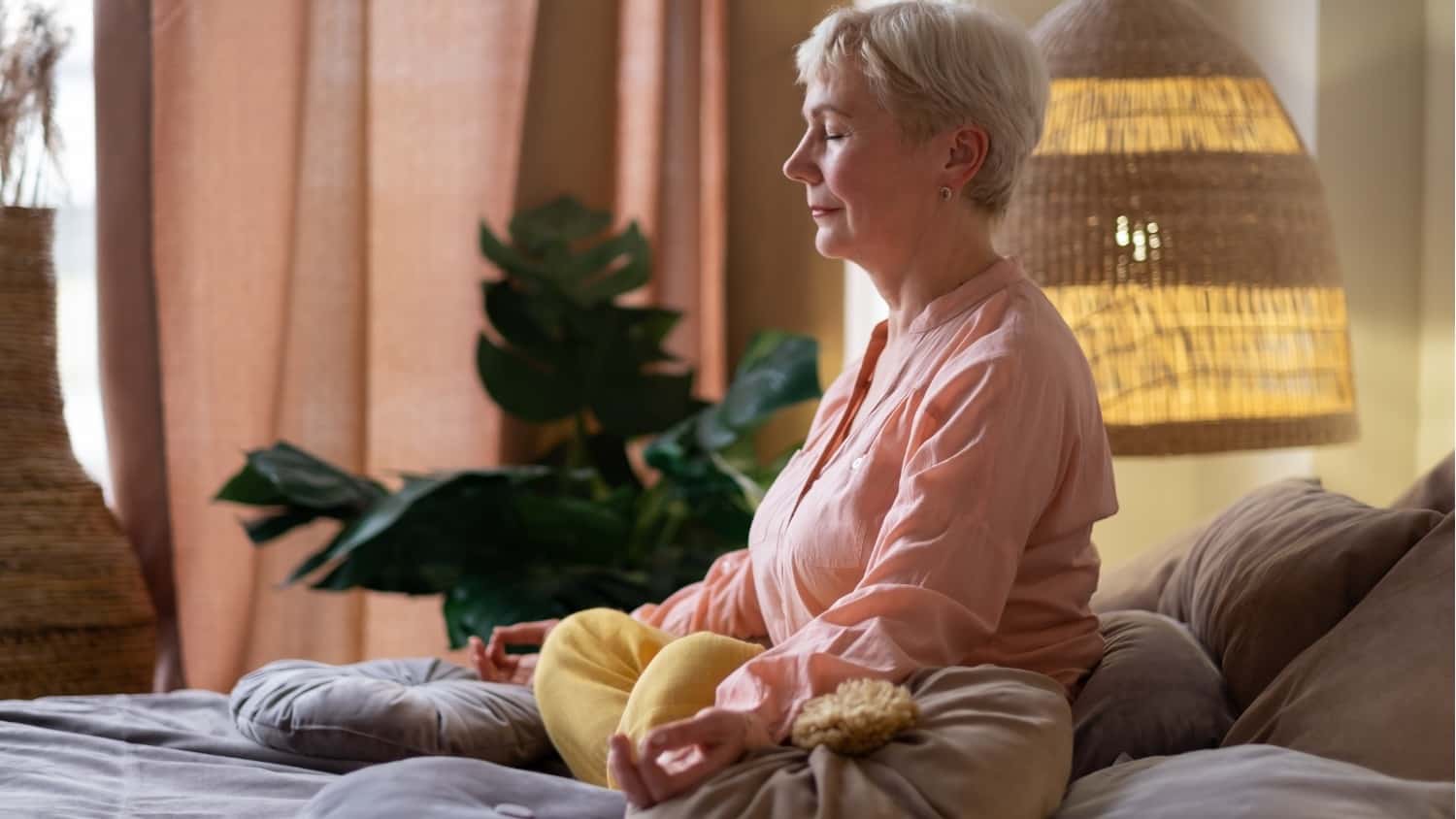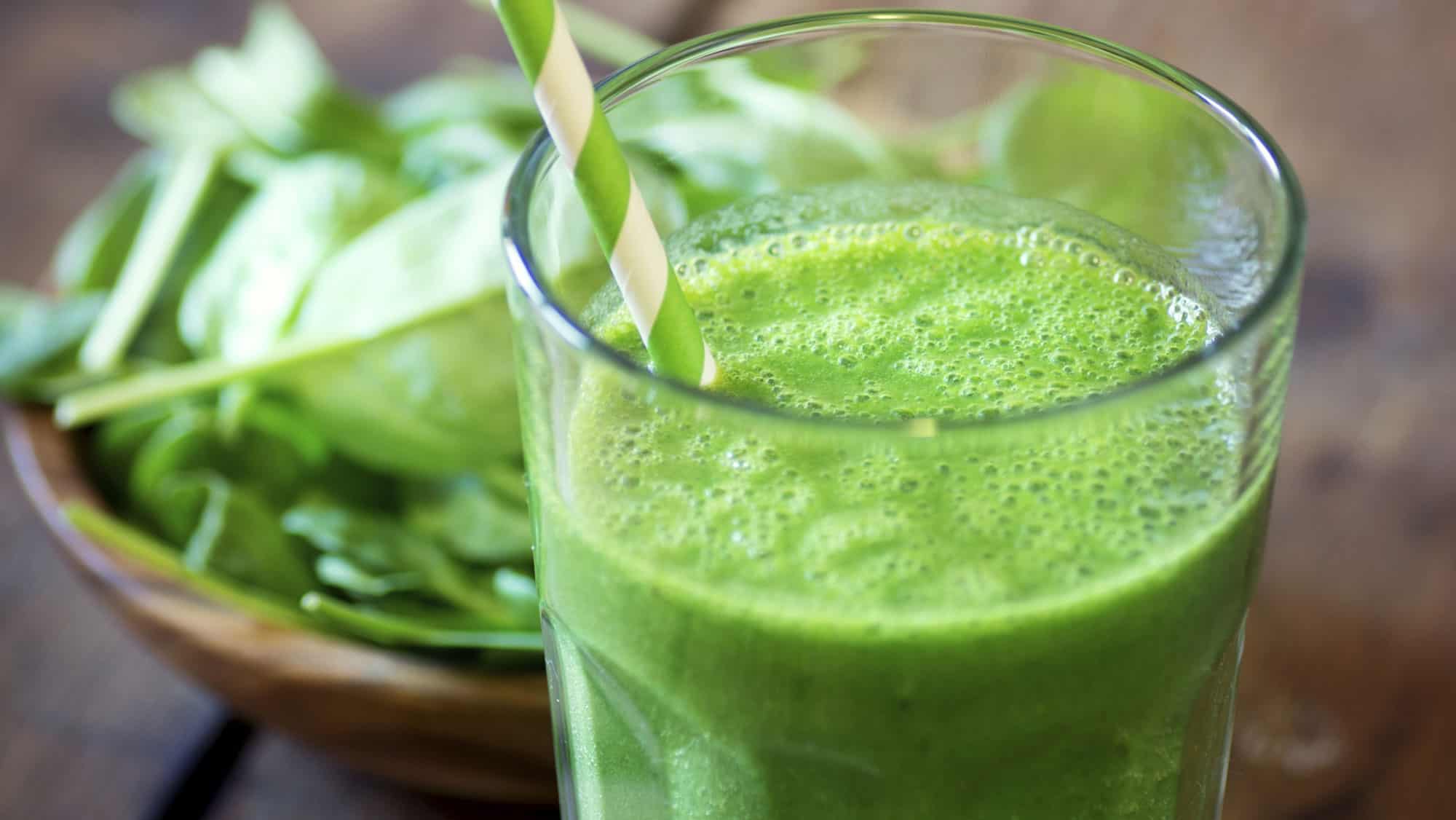Know Your Body: Skill #1 for Building Confidence in Your Health as You Age
A common theme I’ve noted in my work as a physical therapist is a loss of confidence in all areas of life that usually accompanies a decline in physical function, particularly in adults over the age of 60.
Once it happens, it leads to a long road rebuilding this confidence and often leaves those it happens to never getting back to the place they were before.
And it makes so much sense. A loss of physical abilities leads to difficulty leaving home, participating in much-loved activities, and creating a dependency on others for survival. This quickly leads to a feeling of isolation, depression, and loneliness which further perpetuates the cycle of decline.
So, armed with this information, how can you prevent the loss of confidence in your future?
On one hand, it’s not entirely possible to prevent every medical event. Even those who make all the right lifestyle choices can still end up with a chronic condition.
On the other hand, however, we can all choose how we will react to and live with a chronic condition. And those who start with a good set of lifestyle habits often find they can live a fulfilled life despite their circumstances.
One difference I’ve picked up on is adults who age well generally have a strong sense of body awareness. They’ve cultivated the habit of tuning into their body, can pick up on subtle signs of change, and are proactive in taking action to prevent decline before it happens.
You can develop this same body awareness through learning physical literacy and a basic set of physical skills. Let’s talk about where you should start.
What Is Physical Literacy?
Physical literacy is the basic knowledge and understanding of what movements your body is capable of.
Each and every one of us has access to a given set of movements in order to experience our world in a meaningful way. For example, the ability to get on and off the floor not only keeps you physically strong but also gives a different perspective to view the world.
All human adults should also be able to hold a deep squat, stand on one leg comfortably, and reach their arms up overhead. Without the ability to perform each of these simple movements, we can’t experience our world to the fullest.
The loss of these skills often begins at a younger age (in some cases even as young as your 20s or 30s!), but the manifestation of the loss of small things doesn’t become a big deal until we age and experience some kind of medical event.
Seemingly overnight, physical skills that once came naturally to us suddenly disappear, limiting our mobility. Unfortunately, when this happens our interaction with our environment becomes limited and by proxy, we lose a lot of mental stimulation along with the loss of physical strength.
Do you need to be a medical professional to have an understanding of how the human body works?
Certainly not. Each and every one of us should have a handle on the most basic terminology of our physical health and how a loss of mobility can impact our health in a variety of ways.
For example, even a slight loss of walking speed can be a strong early predictor for risk of dementia, functional decline, frailty, or even death.
Grip strength is strongly correlated with a higher risk of heart conditions. Having this knowledge gives you the ability to assess your own movement and physical ability as vital signs.
Start Building Your Confidence Through a Strong Mind-Body Connection
So how do you start to build physical literacy and a basic set of skills?
A great starting point is to develop a strong mind-body connection.
As stated above, a commonality of adults who age well is they’ve all taken the time to develop body awareness.
They catch on to changes in their physical health and have systems in place to circumvent medical events. And even if it can’t be prevented, these individuals also tend to recover much better than those who don’t have a good awareness of their health.
It Begins with Developing a Sense of Mindfulness
Ask yourself a lot of questions about how you are feeling before you make any changes to help you identify the areas in need of work.
Then start to implement small changes and continue this process of self-assessment.
And really, that is all there is to developing body awareness. Simple in theory, a little more difficult in practice, but once you adopt this habit it will become second nature and drastically improve how you age! Watch your confidence soar as you refine this skill over time.
Let’s Have a Conversation:
What can you do today to become more conscious about your physical state? Can you recognize the subtle signs of arising physical issues? What experiences can you share about being mindful of your body? Please use the comments below.
Disclaimer: This article is not intended to provide medical advice. Please consult with your doctor to get specific medical advice for your situation.
Tags Healthy Aging







I just tried chair yoga. It really stretches out your body without trying to get up and down off the floor. I also use resistance bands. Nice workout without the jarring up and down with weights. I just turn up the music and wok to it. I do this every other day especially when it’s too hot to walk the dogs longer distances. And no gym membership needed! I find that putting on my favorite music…I use Spotify to have different playlists. I use this every day. For $9.99 a month it’s great not having ads. I’ll also dance around the house when I’m cleaning or doing laundry. I’ve also been caught by my husband when I cook or bake! I’m married to a retired executive chef so that’s not a lot!😄😄😄. I hope this might help someone with some options. I’m going to be 65 in a couple of months so this works for every age I think!